Home » The Many Faces of Kratom

The Many Faces of Kratom
- Anthony Dent, Founding Member
- 3 Comments
–Understanding why Kratom is growing in popularity
It is called the fallacy of the masses.
It’s described as using populism as the base assertion for somethings value, and its used in everyday discussion.
“Everyone said this movie is good, it got really good reviews. Therefore, if you don’t like it, you are wrong.”
But the fallacy of the masses often assumes a homogenous support group, and only ascribes popularity based on a single merit.
When a wide diversity of factors contributes to somethings popularity, for many different reasons, it stops being a fallacy. It’s just awesome.
The potential of Kratom
We’ve already discussed often on this blog the medicinal potential that kratom has – and has always had. It’s first recorded uses date back thousands of years, and are rooted in medicinal causes.
It’s become particularly prescient in modern American because of the dangerous now health crises facing our country – the opioid epidemic. A terribly botched – and potentially nefarious – effort by the FDA led to millions of Americans being overprescribed opiates. Now, our country faces a veritable calamity as tens of thousands of Americans die due to this dangerous scourge every year, and many more are impacted by the dangerous drugs that are far too often used outside of their acceptable medicinal value.
Kratom has amassed mounds of anecdotal evidence and some preliminary studies which indicate that it can be effective in treating the opiate epidemic, and reducing the vile cost of it, which leads to death and myriad health problems, to say nothing of the anguish of addictions and the impacted families.
But beyond this serious crises, kratom has shown potential – again, based on a large helping of anecdotal evidence – to help with a variety of symptoms, from a wide range of people. Many report that some strains, like Red Vein Bali, helps them sleep. Others say that kratom helps them be more productive at work. We’ve interviewed people who have said that kratom has changed their life, with its potential to aid in symptoms of pain relief. And others, who have gone so far as to say that kratom has saved their life, helping them get off dangerous opioids.
The many voices of Kratom
Whats always struck me about these many stories is the variety of people who have found aid. Some of the above mentioned include a grandmother, a traveling businessman, a self described average-joe, and an IT and software designer.
When the FDA tried – and failed – to lobby the DEA to get kratom banned, a huge national movement stood up in defense of the all natural plant. Hundreds of Thousands signed a petition to the White House, and it was the first time in American History that the DEA and the FDA were backed down by public resistance. The movement centered around a segment known as “The Faces of Kratom”, which used social media and other outlets to show how many people had turned to kratom – sometimes as a last option – to help them. And help it has.
I’ve spoken to musicians that need inspiration; mothers who need energy to help their kids; fathers who don’t like coffee but sometimes need a boost in the morning; students who need help studying; the anxious who can’t slow down at bedtime, and more. All genders, races, and ages have found something of value in kratom. Have you?
What it all means
It’s inevitable, when we deconstruct this discussion, to find ourselves at a significant philosophical question.
Should people be allowed to have total agency in the planning and actions of their own well being?
I think as Americans, we hold this as a point of pride, our sense of self determinism and freedom. But beyond that, it’s a question of care, of empathy.
You know, I hate coffee. Never liked it. (Funny, as it’s closely related to kratom!) I sure don’t understand why I have to accompany friends in the morning to their coffeeing-hole on the way to work.
Does that mean it should be banned?
Of course not. It helps them. And even if it didn’t, they can choose to pursue things which they enjoy, or which they feel helps them.
Perhaps it’s too vague and idealistic a notion, to allow people to pursue whatever they fancy. But when we have such serious issues as an opioid epidemic, and some have difficulty accessing healthcare, to say nothing of the movement back towards natural substances and away from the many additives and artificial ingredients we are inundated with, we shouldn’t respond to the idea of a relatively nascent plant with fear.
We should be open minded, and follow the research; and even should it lead somewhere that we disapprove of (It doesn’t, in kratoms case) who are we to pass judgement?
For those of us in the Kratom community, we must ensure that we remain patient, open minded, transparent, and professional when working with those who may not understand kratom (they may be the type of people who demonized marijuana, before themselves trying and enjoying it when their state made it legal). As we expect empathy and open mindedness from them, so too must we be willing to give it.
And for those of you who made be reading this that are outside of the kratom community, know that we will always be welcome to speak and work with you. In fact, you might find something you like. Or something you need.
Maybe, just maybe, you’ll become one of the many faces of kratom.
Peace and Love,
AW
Featured Products
-
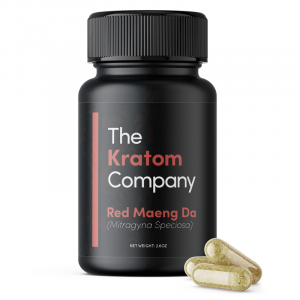 From $24.00Select options This product has multiple variants. The options may be chosen on the product page
From $24.00Select options This product has multiple variants. The options may be chosen on the product page -
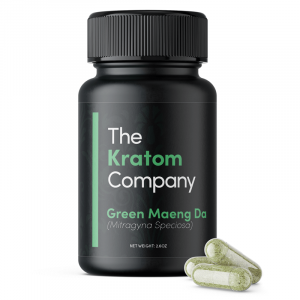 From $24.00Select options This product has multiple variants. The options may be chosen on the product page
From $24.00Select options This product has multiple variants. The options may be chosen on the product page -
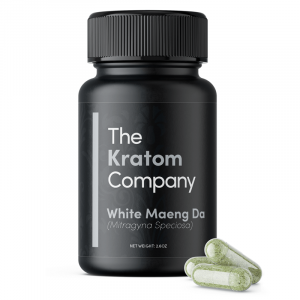 From $24.00Select options This product has multiple variants. The options may be chosen on the product page
From $24.00Select options This product has multiple variants. The options may be chosen on the product page
Explore More Posts
Product Search
Featured Products
-
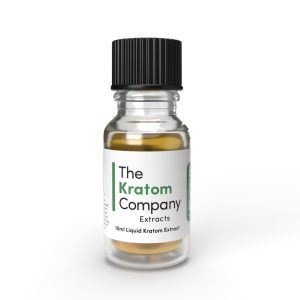 Pure Kratom Liquid Extract
Rated 4.72 out of 5From $20.00
Pure Kratom Liquid Extract
Rated 4.72 out of 5From $20.00 -
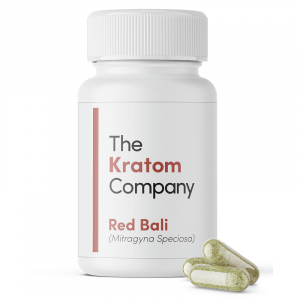 Red Vein Bali Kratom Capsules
Rated 4.70 out of 5From $24.00
Red Vein Bali Kratom Capsules
Rated 4.70 out of 5From $24.00 -
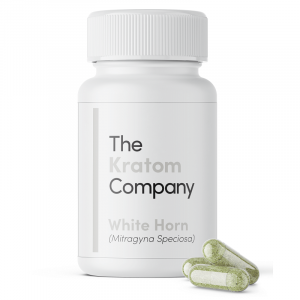 White Horn Kratom Capsules
Rated 4.88 out of 5From $24.00
White Horn Kratom Capsules
Rated 4.88 out of 5From $24.00
Follow Us
Strains
Blogs
NEWSLETTER
Sign up for our newsletter!

These statements and products presented on this website have not been evaluated by the Food and Drug Administration FDA. The products mentioned on this website are not intended to diagnose, prevent, treat or cure any diseases or health conditions. Therefore any information on this website is presented solely as the opinions of their respective authors who do not claim in any way shape or form to be medical professionals providing medical advice. The KRTM Company and its owners or employees cannot be held responsible for, and will not be liable for the inaccuracy or application of any information whatsoever herein provided. By purchasing our products you agree that you are aware and in compliance with your local county, state, or federal regulations. Must be 21 years or older to purchase Kratom. The US FDA has not approved kratom as a dietary supplement. We do not ship to the following states, cities and counties in the US where Kratom is banned: Alabama, Arkansas, Indiana, Rhode Island, Vermont, Wisconsin, Sarasota County, FL, Union County, MS, Denver, CO, San Diego, CA, and Jerseyville, IL.

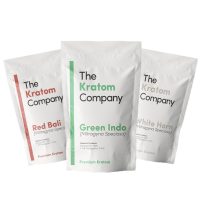

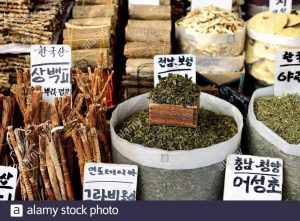


This Post Has 3 Comments
How is Kratom administered? Is it currently legal in the U.S.? Where do I purchase Kratom? Is it safe?
Yay diversity
Love the inclusive-ness. Surprised so many people already know about this